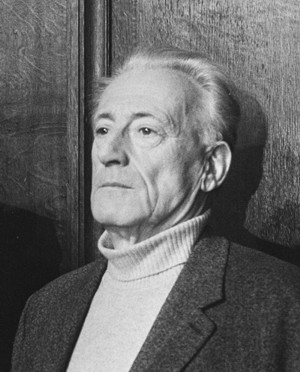The Journal of Social Sciences, University of Costa Rica to bring you into this entry an interesting article by Henri Lefebvre, Marxism and Sociology, translated by Roy Alfaro Vargas.1 The vision lefebvrist of sociology re-acquires a value within a period where there is in the anglo-saxon world and a european wide dissemination of the work of the French intellectual, and within the current systemic crisis of capitalism, with the apparent new upsurge of marxism, within the framework of a sociology which has antropologizado and fenomenologizado too. Roy Alfaro Vargas has directly translated from the French of the original article “Marxisme et Sociologie” appeared in the Cahiers Internationaux de Sociologie. Vol. 4, 1948: 48-74.
Lefebvre presents in this article a reflection of the marxism and of the definition that sociology acquired in its partnership with the first. It also explains briefly the dialectical method, on the basis of the development of sociology that allows us to centralize the role of the social sciences, in the understanding of the whole (in this case French). Also, Lefebvre establishes a series of links between the Sociology and the Ethnography, Political Economy, Psychology and Politics, in order to apprehend the contradictions that characterize the social reality and to found a sociology of science.
Marxism and Sociology. Henri Lefebvre
Source: Journal of Social Sciences, University of Costa Rica
Brief review on Henri Lefebvre

Philosopher and French sociologist, Lefebvre is the author of thirty works dedicated to analyzing both the marxist thought as the problems of the contemporary world. Considered one of the philosophers most important of the twentieth century, began his career in association with the surrealist group, where did your concern for the dialectical logic. Was the first to translate the early manuscripts by Marx to the French. In 1928 he joined the Communist Party and during the three following decades was devoted to analysing the marxist thought from within. Later, at the end of the years 50, was expelled from the party under the charge of segregation.
Immediately after the war, Lefebvre began to reflect on a new object of study, which he called “everyday life”. After the publication of The everyday life in the modern world (1968), he was attracted by the analysis of the urbanism, and wrote several books on the city, asSpace and Policy. In the 1960s he was involved closely with the school more young French architects, and provided a theoretical framework for their work. Finally, the accumulation of these various issues led to his great philosophical work, The production of space (1974).
